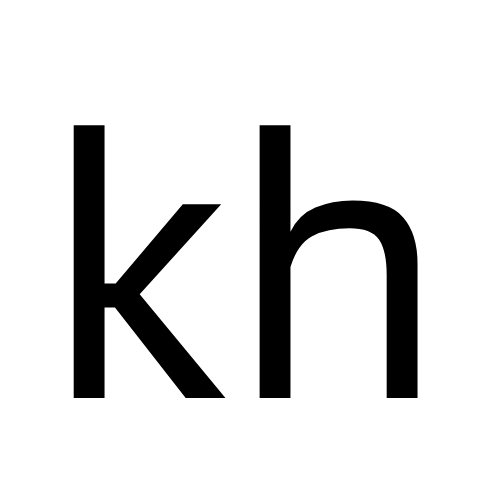Climate Change is Not a Hero Story
In many ways, the documentary An Inconvenient Truth was the call to action against the impending dangers of climate change. The car-driving, hamburger-eating, consumer-driven cultures paused in their tracks to watch the film. It measurably and pictorially described what would happen if the ice caps continue to melt and sea level rises all around the world; millions would be flooded from coastal cities, droughts would lead to starvation, while elsewhere hurricanes left a wake of destruction. Al Gore’s statement that US and China’s fossil fuel consumption was emitting carbon dioxide equivalent to 400,000 Hiroshima bombs a day was scary stuff.[i] How many of the audience recognized that it was their sweet life that was the enemy. They just let the government take care of it. The heroes were ready to take up the call, but they looked around and felt confused as to who the enemy was. It was the home that they had always preserved and protected.
In this fear-induced environment linear power is called upon – the ability to assert our will even against resistance. It was from this understanding of power that the host of the UN Climate Change talks in Copenhagen 2009, Prime Minister Rasmussen, made statements like, “We are here to make difficult but necessary decisions now, to address mounting problems of the future,” … “the grim projections from science grow more alarming each day,” and, “I realize that as the host, I ought not to rush things, but rather encourage you all to get comfortable, before we embark on the daunting task before us. Unfortunately, we do not have the time for such courtesy and protocol.”[ii] He was assuming predictability and the need for control and strong objective focus on the goal.
Then the Danish Minister of Climate and Energy tried to gain control over participant’s behaviour by repeating that failure was not an option and “China and other Developing Nations must accept (carbon emission restrictions), even if it isn’t fair.” In essence, she activated linear dynamics by assuming she held an invisible hierarchal power that could bend China, and other Developing nations, to her understanding that the only answer was for governments to control carbon emissions to within 2% of current levels. This focus on the objective, disregard for the human aspects of the problem including how to operationalize the commitments once back home. This is classic linear thinking mode.
Nigel Topping, the UK High-Level Climate Action Champion has the job of getting as many people as possible committed to zero emissions hroughout their full value chain. This job was created as a result of the 2016 Paris UN Climate Change talks. Up until then the construct of the conference was geared towards getting sovereign nation states committed to limits on emissions. Then the penny dropped and they realized there would be no implementation without private sector, investor and local government buy in. Topping states clearly that system transformation is inherently non-linear. It is not amenable to linear thinking because we don’t know the shape of the goal.
We have a global aspiration but not a measurable goal. We don’t really have an enemy that can be eliminated to make the problem go away. Therefore, this is not a hero story. This is the challenge of personal growth which will be driven by unconditional love – for our communities and the environment. The transformation will be complex, with the outliers being more significant than the norms, and things interacting in different ways each time. “Assume predictability in the future at your peril”, is the new mindset. Embrace novelty with curiosity. It will be an iterative process, with micro-efforts making the best decisions for their business, city or investments. Like swarming swallows it will form its own dance.
Topping has been surprised by the eagerness of businesses to get on-board with zero emission in their entire supply chain, by as early as 2040. The fossil fuel industry had assumed until recently that they would be able to control the transformation away from carbon fuel. Suddenly the oil and gas industry realize that investors will move their money to low carbon alternatives and that they have to try stay ahead of the trend. Instead of seeing climate change as a negative event, it can be seen as a huge opportunity for growth as the systems transform. This is not a zero sum game. This is the circular world where we don’t know the limits of growth. People are now saying yes to the possibility of change, and, through their enthusiasm and creativity finding brand new areas, the size and shape of which are yet to be determined. We can all find our new way to say “yes, and” as we see new systems emerging and figure out how we can participate in the movement towards zero emissions in the entire supply chain of our individual lives.
[i][i] Gore, Al. “The Case For Optimism on Climate Change.” TED2016, February 2016.
[ii] Unfccc transcript of COP 15 opening sessions, December 7th and 15th.


